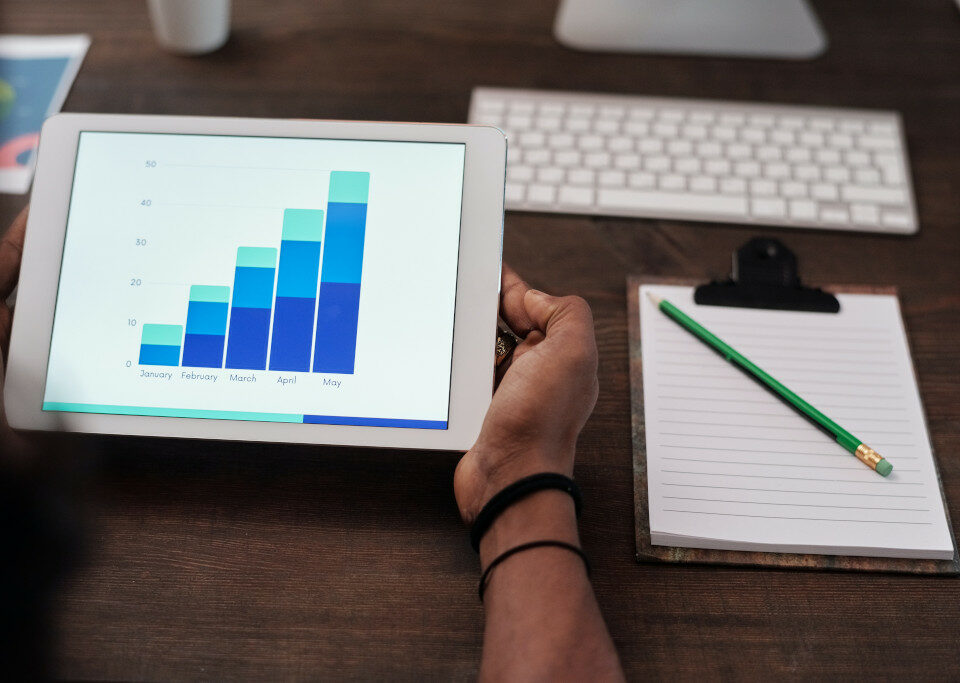
Understanding Patient Reported Outcomes: A Guide for Healthcare Providers
July 19, 2023How Artificial Intelligence is Revolutionizing Healthcare
Artificial intelligence (AI) is transforming healthcare by revolutionizing everything from disease diagnosis and treatment to medical research and drug development. AI is already being used to improve patient outcomes and reduce healthcare costs by automating time-consuming processes, predicting disease outbreaks, and detecting diseases earlier than ever before.
Some of the numerous examples include:
- Disease Diagnosis and Treatment AI is being used to improve disease diagnosis and treatment by analyzing large amounts of data, such as medical records, lab results, and imaging studies, to identify patterns and make predictions about patient outcomes. For example, AI algorithms can analyze mammograms to detect breast cancer with greater accuracy than radiologists alone. AI can also help physicians develop personalized treatment plans by predicting how patients will respond to different therapies based on their medical history and genetic makeup.
- Medical Research and Drug Development AI is transforming medical research and drug development by enabling researchers to analyze vast amounts of data more efficiently and identify new drug targets and potential therapies. For example, AI algorithms can analyze large-scale genetic data to identify new drug targets for diseases like Alzheimer’s and cancer. AI can also help drug developers identify which patients are most likely to benefit from a new drug and which patients are at the highest risk of side effects.
- Patient Monitoring and Care AI is improving patient monitoring and care by enabling physicians and healthcare providers to monitor patients remotely and detect changes in their health status in real-time. For example, AI-powered remote monitoring devices can detect early signs of heart failure and alert healthcare providers before the patient requires hospitalization. AI can also help physicians develop personalized treatment plans for patients with chronic conditions like diabetes and heart disease by analyzing patient data and identifying the most effective interventions.
- Medical Imaging and Analysis AI is improving medical imaging and analysis by enabling physicians to interpret medical images more accurately and quickly. For example, AI algorithms can analyze medical images to detect signs of cancer or other diseases with greater accuracy than traditional methods. AI can also help physicians identify early signs of disease progression and predict which patients are most likely to benefit from different treatment options.
- Streamlining Administrative Tasks AI is helping healthcare providers streamline administrative tasks and reduce costs by automating tasks like appointment scheduling, medical coding, and billing. For example, AI-powered chatbots can answer patient questions and help them schedule appointments without the need for human intervention. AI can also help healthcare providers reduce errors and save time by automating medical coding and billing tasks.
- Predictive Analytics AI is enabling healthcare providers to use predictive analytics to identify patients who are at high risk of developing certain conditions or experiencing adverse outcomes. For example, AI algorithms can analyze patient data to predict which patients are most likely to develop complications after surgery or experience a heart attack in the near future. By identifying high-risk patients early, healthcare providers can intervene before the condition worsens and prevent costly hospitalizations.
- Enhancing Patient Experience AI is enhancing patient experience by enabling healthcare providers to personalize care and improve communication with patients. For example, AI-powered virtual assistants can help patients manage their medications, answer their questions, and provide emotional support. AI can also help healthcare providers communicate with patients in their preferred language and improve the overall patient experience.
- Improving Population Health AI is helping healthcare providers improve population health by analyzing large amounts of data to identify trends and patterns. For example, AI can analyze population-level data to identify communities that are at high risk of certain diseases or health conditions. By identifying these communities early, healthcare providers can develop targeted interventions to improve health outcomes and reduce healthcare cost
AI is transforming healthcare by improving disease diagnosis and treatment, medical research and drug development, patient monitoring and care, medical imaging and analysis, streamlining administrative tasks, enabling predictive analytics, enhancing patient experience, and improving population health. With continued advancements in AI technology, healthcare providers have an unprecedented opportunity to improve patient outcomes and reduce healthcare costs. To learn more contact us to show you how metricHEALTH can help you leverage AI to help revolutionize healthcare.




